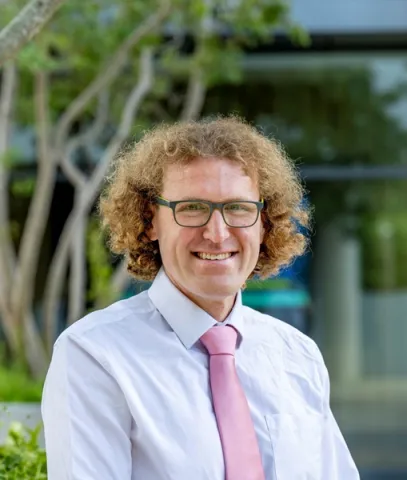About the project
Interest in more complex dynamics of space trajectories beyond perturbed Keplerian dynamics is rapidly growing. In cislunar space Moon, Earth, and spacecraft form a three-body problem already exhibiting a rich set of dynamical features. In high-fidelity modelling with realistic perturbations dynamics become even more complex.
In this project you will apply Machine Learning techniques to the data to extract the essential information contained within these trajectories.
Modern trajectory design aims to identify and exploit features in the natural dynamics to design trajectories meeting mission requirements. For the most simplified models, analytical tools can obtain preliminary orbits, but in more complex scenarios these tools do not apply. Meanwhile, advances in computational power have made computation of individual trajectories in even complex systems very fast. GPU parallelization allows generating large trajectory databases for a wide range of initial conditions.
In this project you will apply Machine Learning techniques to this data to extract the essential information contained within these trajectories. This will be achieved through the following steps:
- develop tools to efficiently generate a large database of relevant trajectories using state-of-the-art GPU technology for astrodynamics systems of interest;
- study different representations of the obtained trajectories, such as coordinates, orbital elements, or spectral decompositions, to identify which method best represents the relevant information for subsequent trajectory classification steps;
- investigate and apply suitable Machine Learning algorithms for unsupervised classification of similar trajectories and automatic extraction of their relevant features;
- compare the boundaries between obtained orbit classes to other dynamical structures in the literature such as Invariant Manifolds, Weak Stability Boundary, or Lagrangian Coherent Structures.
To apply for this project, you need a solid background in the following:
- astrodynamics and orbital mechanics
- computer programming (in a compiled language such as C, C++, Fortran, or Julia)
Experience in the following is advantageous:
- machine learning and/or artificial intelligence
- big data analysis and handling (HPC)
- mathematical dynamical systems theory
This project is supervised by Dr Alexander Wittig and hosted at the University of Southampton with funding from the US Airforce Office of Scientific Research, and will be co-supervised by Dr Davide Amato from Imperial College London. Funding for travel between these institutions will be made available.
Please note that funding is only available for UK and EU students (countries within Horizon Europe).
